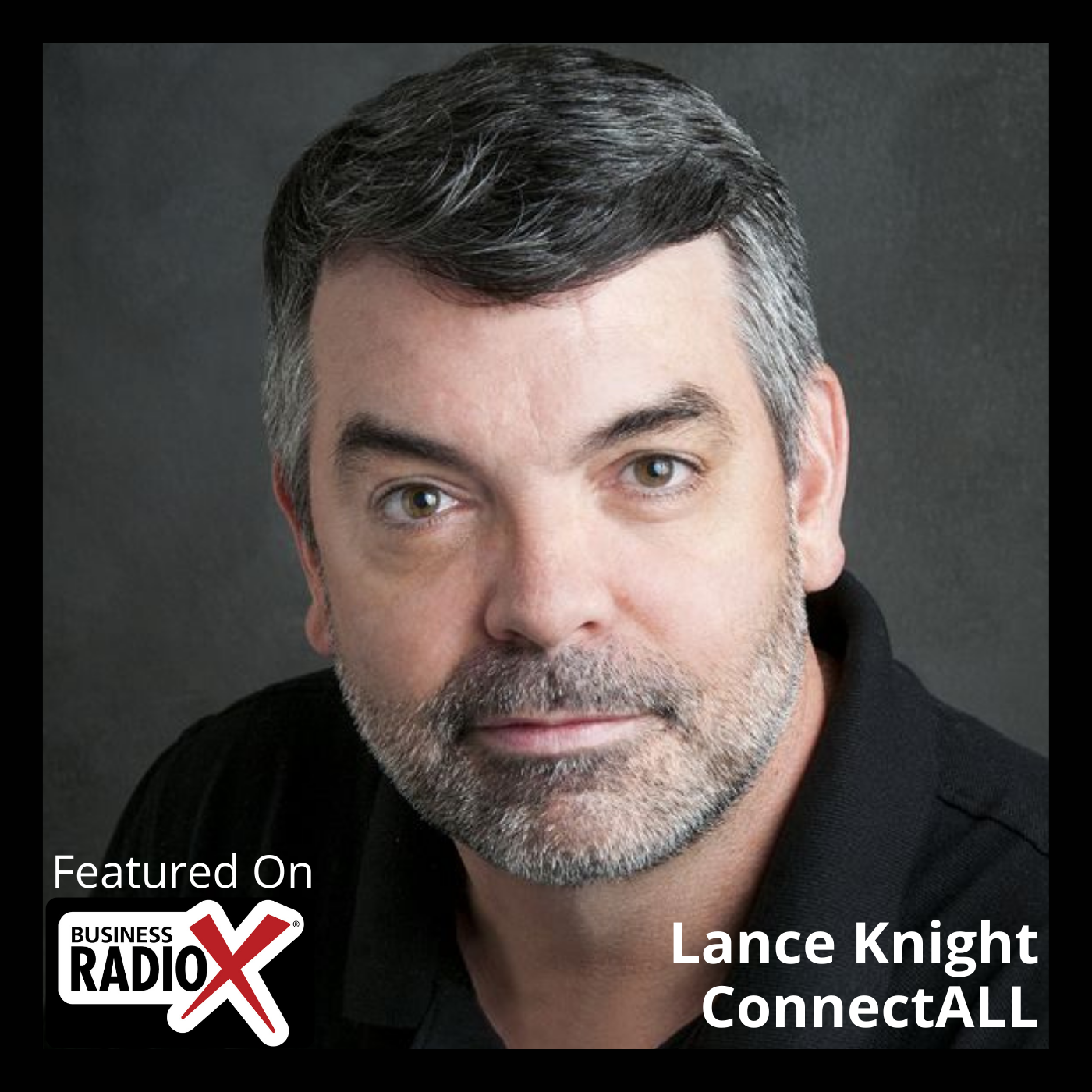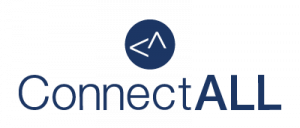

Why Leading Metrics are so Important, with Lance Knight, ConnectALL
Lance Knight: [00:00:00] Leading metrics is an interesting thing. And this is more than just technology. This is business in general. Thinking about what metrics are really important to your business. Now, we’re ending 2020. What a what a crazy year. It’s just been one of those years where you just couldn’t plan for all the things that got in your way as you’re driving forward. But you can plan and look at leading metrics.
Lance Knight: [00:00:27] So, if you have a particular goal, let’s use an easy one as for sales to understand sales goals, those are numbers and facts, and easy to understand. Let’s say you want to do a million in revenue. Well, if I’m not tracking what I’m doing all the way up to that million with some key metrics, all I’m going to know at the end, will I hit that number or not. I’m not going to be able to change course and look at things. So, if my outcome is that revenue target, what are the metrics I’m going to look at daily, monthly, weekly to make sure that I’m getting that? Is that salespeople activity? Is that market conditions? What are the things I want to look at to make sure that I can pivot and steer to make sure I still get that goal.
Lance Knight: [00:01:06] And some of the most successful people I know use leading metrics to drive their business. I use leading metrics at all kinds of places here that connect all from my marketing metrics, to my sales metrics, to all different types of metrics that I look at to see if we can pivot and do things. An example I can use internally is we were doing some pay-per-click advertisement and it wasn’t working. It wasn’t working. We could tell that. So, we made some changes, some shifts. We went, and we failed a little bit here and there, but we learned from that. And now, we’re doing really great with our pay-per-click campaigns. But if I had waited to say, “Hey, let’s do pay per click,” and somebody went and did it, and I realized I just spent a bunch of money to hit my goals, I would have never been successful at it.
Lance Knight: [00:01:52] So, those are leading metrics. It could be anything in any business. It depends on the company. Sales has some specific metrics, like I look at how many presentations do we do compared to my pipeline and things like that, which, of course, makes my salespeople a little crazy, but those are things you’ve got to look at to pivot. Maybe I have too many leads coming in that we can’t manage and I’m falling apart. That means I’ve got to hire a salesperson, of which I am. But the point is that it’s looking at those leading things to your business and breaking down. I prefer those compared to lagging metrics, because lagging metrics are telling me where I’m going wrong; where leading metrics, I can use to figure out where I want to go.
Lance Knight, COO, ConnectALL
Lance Knight is COO of ConnectALL, a software value stream management company, noted for its ability to accelerate software development and increase productivity. His responsibilities include sales, sales operations, customer success, and technical support. Previously, he held SVP/VP roles at LeadingAgile, Tasktop Technologies, and Accept Software, specializing in field operations, sales development, and customer success. Lance started his IT career with a large aerospace manufacturer where he learned about lean manufacturing and systems thinking.
He’s a published author of books and white papers on leadership, software development, and software sales. The Forbes article, referenced during the show, can be found here.
Company website
Lance on LinkedIn
You can find the complete North Fulton Business Radio interview with Lance here.
The “One Minute Interview” series is produced by John Ray and in the North Fulton studio of Business RadioX® in Alpharetta. You can find the full archive of shows by following this link.
Renasant Bank has humble roots, starting in 1904 as a $100,000 bank in a Lee County, Mississippi, bakery. Since then, Renasant has grown to become one of the Southeast’s strongest financial institutions with over $13 billion in assets and more than 190 banking, lending, wealth management and financial services offices in Mississippi, Alabama, Tennessee, Georgia and Florida. All of Renasant’s success stems from each of their banker’s commitment to investing in their communities as a way of better understanding the people they serve. At Renasant Bank, they understand you because they work and live alongside you every day.















